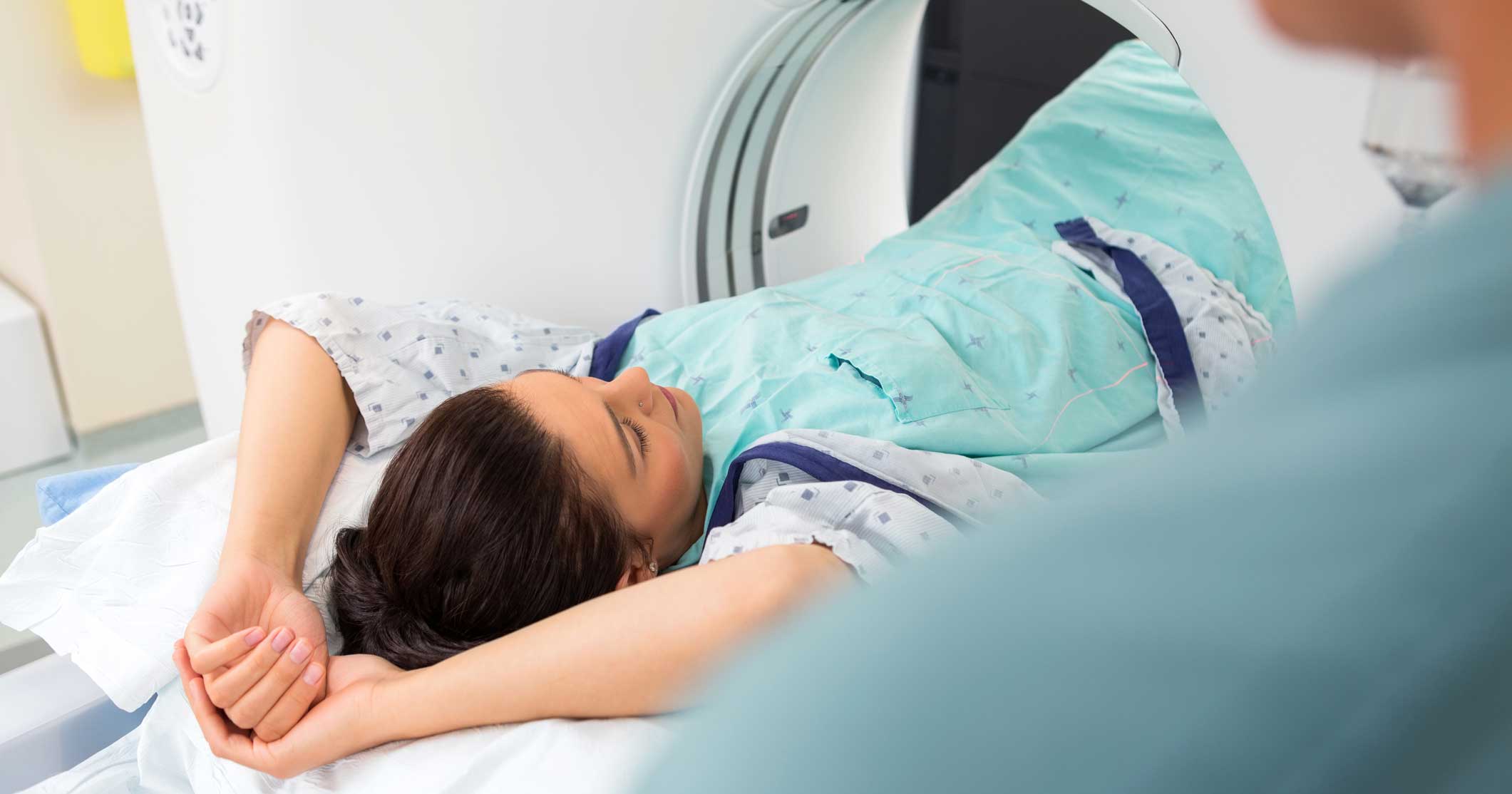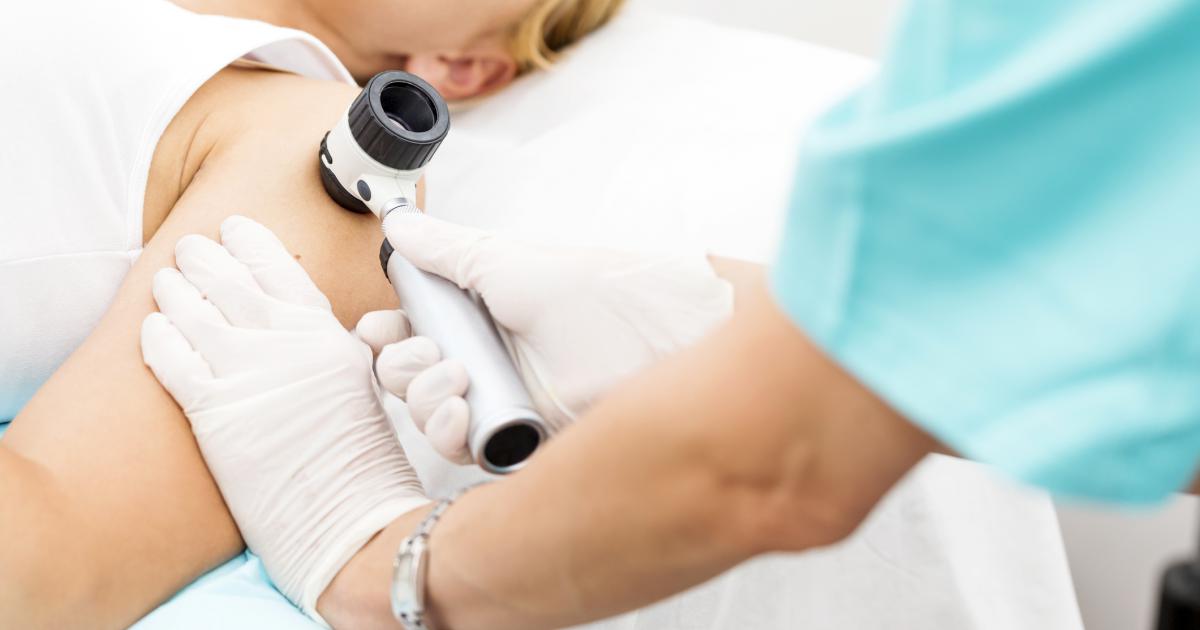Essential Health Screenings All Women Should Have Done
Other Colorectal Cancer Screening Tests

Colorectal cancer screening tests are recommended for everyone between fifty and seventy-five years old. The United States Preventive Services Task Force states individuals, both men and women, should first start getting screenings when they reach fifty years old, but other groups recommend starting at forty-five. About ninety percent of new colorectal cancer diagnoses are given to individuals who are at least fifty years old. It's vitally important to get screened because early detection can save the patient's life. If a woman has a family history of colorectal cancer, they may be at a higher risk of developing the disease. As such, they should talk to their doctor about whether screening should start before they are fifty years old. Aside from the previously mentioned colonoscopy, other choices for colorectal cancer screening tests include a sigmoidoscopy, CT colonography, and a double-contrast barium enema. In many instances, these are used when patients do not want or cannot have a colonoscopy, or as additional tests between colonoscopies when risk is higher.
A sigmoidoscopy can be done to view the lowest twenty inches of the patient's rectum and sigmoid colon, which allows the doctor to screen for intestinal polyps and colorectal cancer. A CT colonography is done by inserting a small tube into the rectum to allow inflation with gas so computed tomography images can be taken. Meanwhile, a double-contrast barium enema uses two contrast forms to take sharper x-rays of the colon.
Uncover the next essential health screening now.
Skin Cancer Screening

Approximately one in every five individuals in the United States will develop skin cancer. There are many different types of skin cancer, but melanoma is the most dangerous. The good news is when melanoma is detected in its early stage, it has a high cure rate. Skin cancer screens are done by dermatologists and should take no more than a few minutes for a woman's doctor to determine if any blemishes, moles, or other markings on their body may be an indication of cancer.
These regular skin cancer screenings are crucial in nipping serious consequences of skin cancer in the bud, and are a prime example of why preventative health screenings are so important overall.
Keep reading for more details on the major health screenings all women need to have now.
